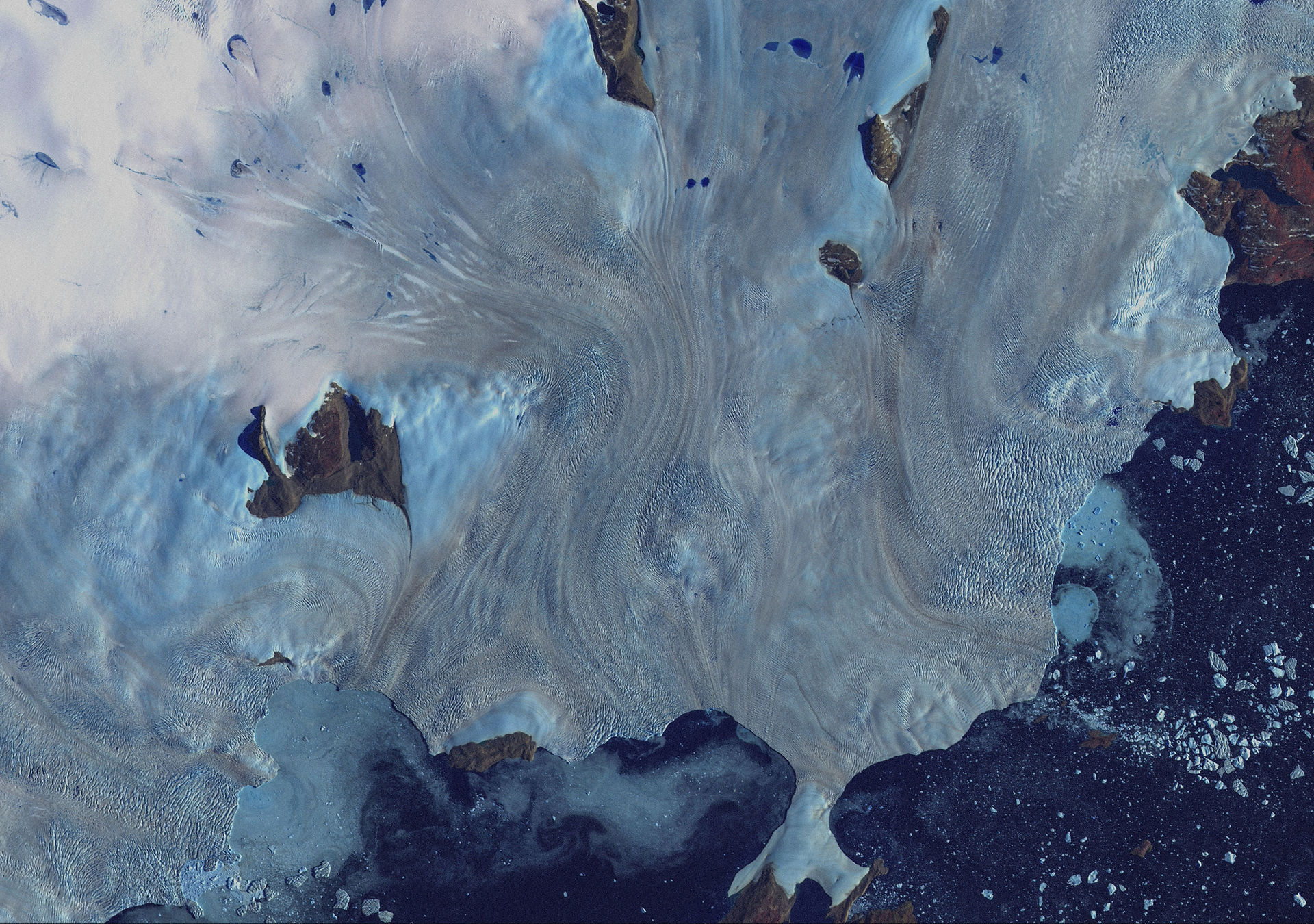Rising Seas and Creeping Authoritarianism: Bangladeshi Democracy in the Age of Climate Change
- Ian Miller
- Jul 30, 2020
- 6 min read
Updated: Sep 15, 2021

In November of 1970, a massive cyclone struck the Bay of Bengal, lashing the Ganges Delta with 150 mile per hour winds and sweeping a quarter of a million people, their homes and their livelihoods away under a storm surge thirty feet high. At that time, the country now known as Bangladesh was called East Pakistan; one wing of a country separated from its Western counterpart by over a thousand miles. During two decades of unhappy marriage, Bangladeshi nationalists had chafed under the conditions of their relationship with a politically dominant and economically extractive West Pakistan. In the aftermath of the cyclone, the West’s lack of preparation and its callous response to the East’s suffering catalysed a series of events which brought about the country’s Liberation War of 1971.
When the new Bangladesh emerged from its bloody war for independence, the nation’s politics were deeply marked by memories of Pakistani delinquency in natural disaster preparation. Nationalist leaders and other elites had nurtured separatist sentiments by arguing that only an indigenous Bangladeshi state could be trusted to devote attention and resources to protect the country from the extreme weather events its low-lying and tropical geography make common. Having themselves channeled popular resentment against a neglectful government into full-fledged revolt, the new government acutely understood the potential for regime change contained in inadequate disaster response.
Fear of cyclone-induced regime change motivated the Bangladeshi state to improve considerably on the disaster management record of its Pakistani predecessor. Significant investments in measures to reduce the lethality of tropical cyclones have been made. State agencies have installed flood preventing embankments, implemented sophisticated communication systems, and constructed cyclone shelters in vulnerable regions. Though still enormously destructive in terms of human casualties, present-day cyclones claim far fewer lives than equally strong cyclones did forty years ago.
This arrangement has always been a fragile one. Bangladesh’s governance record—from a one-party socialist state, to a period of military rule, followed by the current period of highly unstable parliamentary democracy—has ensured that state commitment to disaster prevention and relief is more the product of elite fears of revolt than of functional democratic deliberation.
Now, as the climate crisis deepens, two factors threaten Bangladesh’s already delicate politics of natural disaster management.
The first is the sheer scale of the country’s vulnerability to climate change. With faster melting Himalayan snows to the north, rising Bay of Bengal seas to the South, volatile rivers throughout the country, and more and more variable monsoons, the likelihood of catastrophic floods like the ones witnessed in 1998 and 2007 continues to grow. Cyclones strengthened by warming sea temperatures can tear through a coastline stripped of its protective mangrove forests. Meanwhile, too little water can be just as destructive as too much: soil salinisation due to sea level rise and changes in seasonal weather patterns increase the threat of agricultural land degradation and drought.
The second threat is a move toward ever more authoritarian politics on the part of Bangladesh’s ruling party, the Awami League. While rapid GDP growth has made Bangladesh the darling of development organisations like the World Bank and the IMF, its standing with civil society watchdogs has fallen precipitously. In October of 2018, the Awami League implemented the Digital Security Act, greatly expanding its already extensive powers to jail journalists, silence dissent, and surveil those it deems threats. It has intensified the use of forced disappearance as a tool for political repression, with over five hundred cases recorded since the party’s most recent electoral victory. Meanwhile, elections have been marred by reports of vote-rigging, intimidation, and harassment. The Awami League has prevented opposition groups from protesting and restricted the activities of non-governmental organisations critical of government policy. Direct attacks on press freedom have a chilling effect, causing journalists and citizens alike to curtail their speech out of fear of retribution. Journalists hesitate to report government abuses when they feel doing so puts their lives in danger. This suppression of the opposition made possible the eyebrow-raising ninety percent share of the vote the League and its coalition partners claimed in the most recent elections.
Polities with more robust democratic institutions have an advantage in terms of preparation for natural disasters. In systems with free and fair elections, the electoral costs of poorly managed natural calamities are heavy, encouraging governments to take anticipatory action and putting pressure on them to respond quickly and effectively when calamities do happen. A free and vigorous press can shed light on government planning failures and disseminate accurate information about crises as they unfoldUnder one-party rule or the military junta, government policy with regard to natural disasters was dependent on the whims of unaccountable officials compelled only by their own memories the 1970 cyclone. A highly restricted press was limited in its ability to call attention to government failures or to suggest improvements to its policies.
Although the government has undertaken some anticipatory measures against extreme weather, it has generally failed to act with sufficient force and urgency. As Tasneem Siddiqui, head of the Refugee and Migratory Movements Research Unit at the University of Dhaka puts it, ‘Right now the government’s vision is to have no vision’. Although government financing for climate change adaptation in Bangladesh has risen in recent years, a September 2019 report by the International Institute for Environmental Development shows that rural Bangladeshis spend more than twice what the government does on pre-emptive or reparative climate-related damage. Income spent moving homes to higher ground or repairing fields damaged by flooding takes money away from purchasing necessities like food, medicine, and education. Women in particular bear the costs of government inaction on climate change, with female-headed households spending more than three times as much on adaptation than male-headed ones.
Should future natural disasters produce widespread political unrest, the Awami League seems likely to implement repressive measures. When, in the summer of 2018, students took to the streets of Dhaka to protest automobile accident deaths brought about by government neglect of road safety, the government’s response was classically authoritarian. Students were attacked, a prominent photojournalist was jailed, internet and cellular reception were shut down across the country, and students were apprehended for social media activity. Confronted by public anger, the government’s movement towards authoritarianism rapidly accelerated.
If similar popular unrest emerges due to the changing climate and increasing extreme weather, it will likely be met with brutal repression. When that happens, the fragile contract between the public and a state without strong democratic accountability will be exposed. A government that promises to protect, all the while arming itself with the most effective means of suppressing dissent, itself becomes the threat from which citizens must be protected.
Bangladesh’s present government has justified its power grabs and anti-democratic crackdowns as necessary to implement a development agenda that has certainly produced impressive improvements in recent years. But as the planet approaches catastrophic warming levels, the achievement of development objectives in climate-vulnerable countries like Bangladesh will be hindered or prevented by weather and climatic events. Without effective systems for preparing for and responding to climate change, investments in sanitation, energy infrastructure, and transportation routes run the risk of being swept away by the next massive cyclone. The Awami League’s efforts to undermine democratic challenges to its grip on power weaken what must be a decisive effort to bolster the country’s defenses to climate change and, thereby, the development agenda on which it has rested its legitimacy.
As the world plunges deeper into the climate crisis, it can be tempting to view democracy as part of the problem, rather than as integral to the solution. As elected governments in the United States and Brazil roll back environmental regulations and set fire to the Amazon rainforest, some look with envy at the ability of China’s government to shut down factories and take cars off the road. As democratic governments fail to deliver the kinds of changes climate adaptation will require, getting rid of messy democracy and putting faith in an environmentally enlightened despot can seem like the only viable option. The Bangladeshi case shows just how risky succumbing to this temptation might be
Ian Miller graduated from Stanford University with degrees in Philosophy and History. He lives in New Delhi and is researching Indian privacy law.
Art by Maya Adams
This article first appeared in the print edition of Anthroposphere Issue V
If you like what you've just read, please support Anthroposphere by buying one of our beautifully designed physical copies here. All proceeds go towards printing, designing and maintaining our publication, and your contributions will help keep our climate journalism interdisciplinary and accessible for all.




Comments